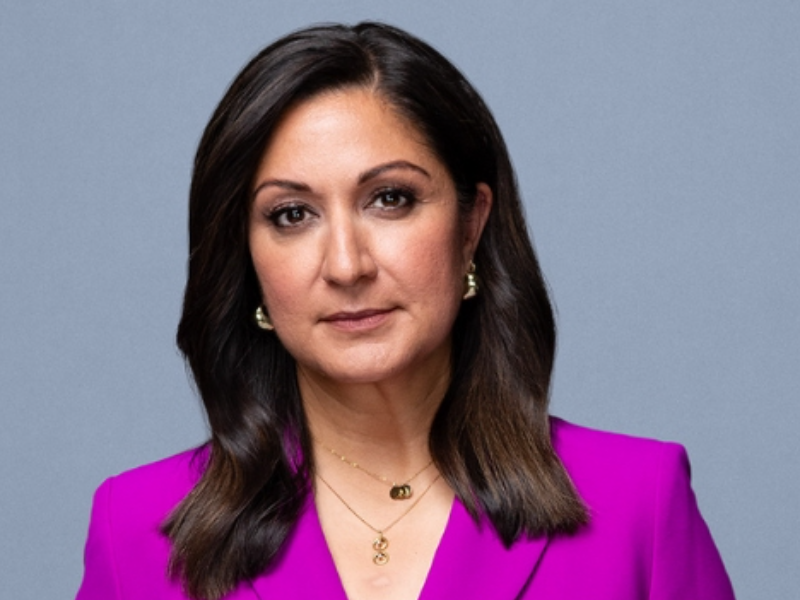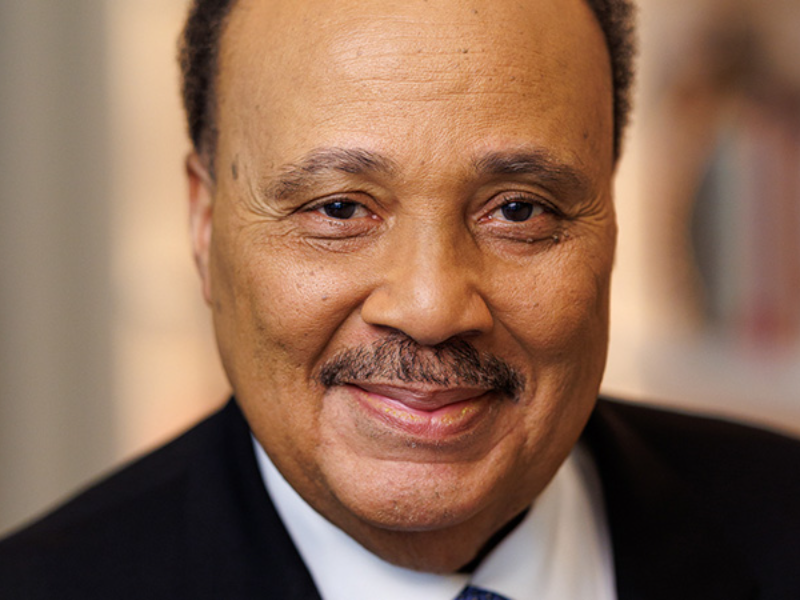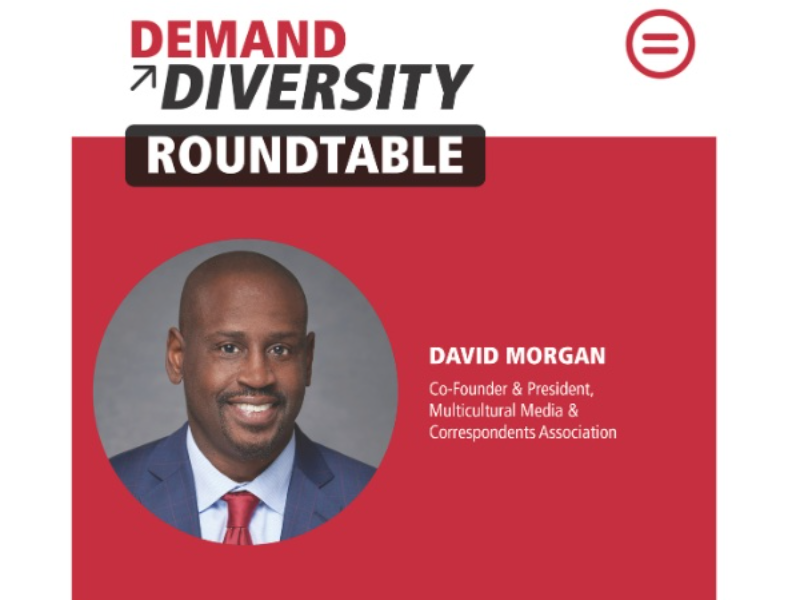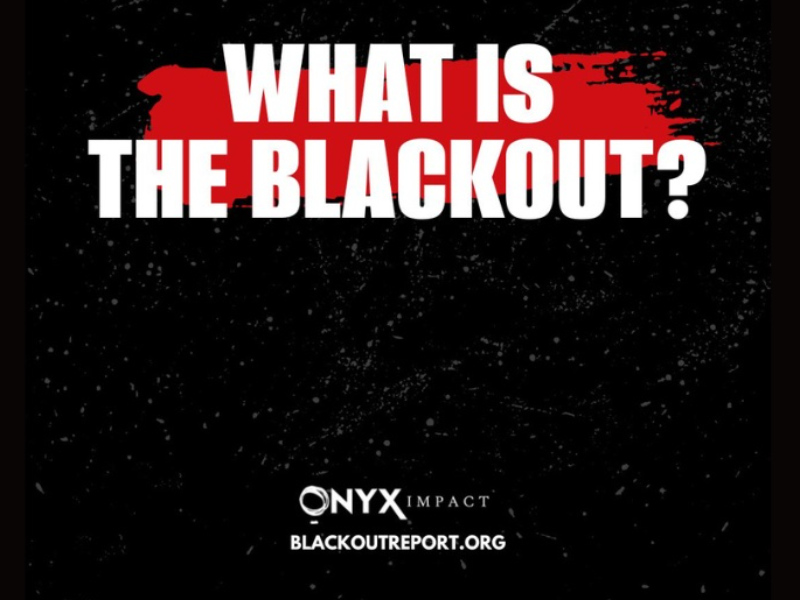Rewriting the American Story: Amna Nawaz on Journalism, Representation, and the Power of Showing Up
By any measure, Amna Nawaz has made history. As the first Asian American and Muslim American to moderate a U.S. presidential debate, and now as co-managing editor and co-anchor of PBS NewsHour, she stands at the helm of one of the most trusted journalistic institutions in the country. But for Nawaz, the power of her position isn’t about prestige—it’s about responsibility. It’s about who gets to shape the story, and how journalism can serve the public with truth, nuance, and humanity.
“I couldn’t believe I was the first,” Nawaz said of her historic debate role in 2019. “There have been so many incredibly qualified Asian American and Muslim American journalists who could have sat in that chair before me. It says a lot about who’s had access to positions of power over time.”
That moment, she recalls, came with a unique pressure—one familiar to many trailblazers. “When you’re the first, you don’t want to mess it up. Because if it doesn’t go well, it can close the door for everyone behind you. It’s an unfair pressure, but it’s real.”
Her daughters stayed up late to watch the debate, too young to follow the details but old enough to notice the intensity. “My older daughter asked, ‘Mama, why was that man yelling at you?’ And I said, ‘Oh honey, that’s just Bernie Sanders. That’s how he talks.’” Nawaz laughs at the memory, but the moment is etched in her mind—a reminder that visibility matters, and that representation ripples far beyond the newsroom.
Building a Platform for AAPI Storytelling
Before her current role, Nawaz was a foreign correspondent and bureau chief in Islamabad. But one of her most formative projects began stateside, when she noticed a glaring gap in the media landscape.
“At NBC, we had NBC BLK for African Americans and NBC Latino for Latinos. But there was nothing for the Asian American Pacific Islander community,” she said. “That struck me as odd—especially for the most diverse and fastest-growing demographic in the country.”
So she built it. The platform she founded didn’t just spotlight AAPI stories—it fed them into the national mainstream. “Just because a story centers on an Asian American doesn’t mean it’s not relevant to everyone,” she said. “We empowered a generation of AAPI journalists to tell stories from their own communities. And we got those stories on network news, morning shows, cable hits. It doesn’t take much to connect people—just someone to find the story and point others toward it.”
Today, she’s proud of how far the platform has come. “It’s grown exponentially since I left. Huge credit to the editors who came after me. What they’ve built is beyond anything I imagined back in our early days in 2014.”
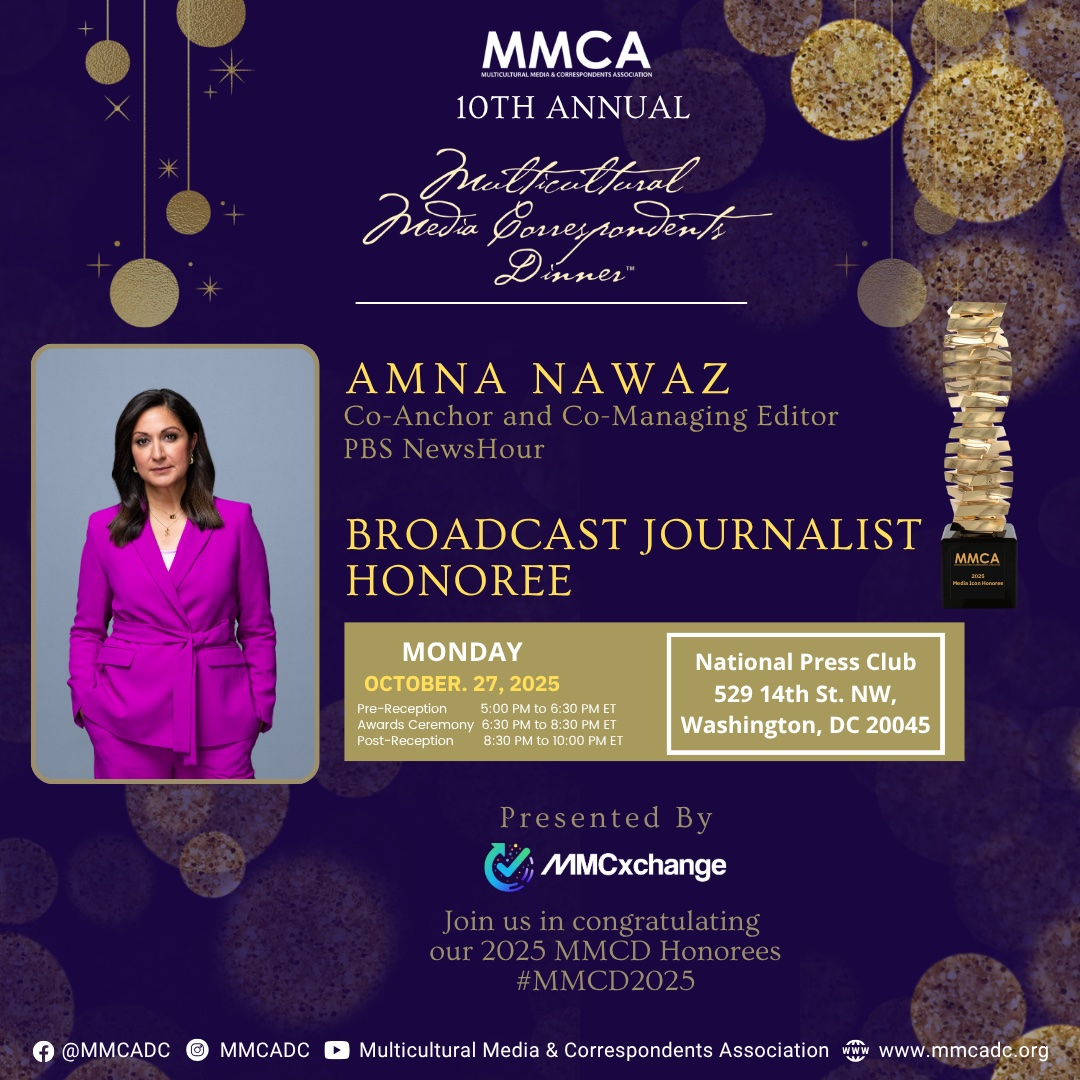
Journalism as Bridge-Building
Nawaz’s years as a war correspondent shaped her deeply—not just professionally, but personally. “I loved every second of it because of the challenge and the possibility,” she said. “I saw my work in conflict zones as not just reporting, but building bridges.”
Raised with the belief that “there’s very little that separates each of us from the other,” Nawaz carried that ethos into communities devastated by war. “I’ve been in places where people’s lives looked a lot like mine—until they didn’t. That perspective stays with me.”
One of her most profound experiences came while reporting pregnant. “I was in communities where families didn’t have schools, doctors, or roads for their daughters. Meanwhile, I knew my daughter would grow up with all of those things. That contrast made the storytelling feel even more urgent and personal.”
Even now, Nawaz returns to the field when she can—interviewing President Zelenskyy in Ukraine, reporting from Israel after the October 7 attacks, visiting the U.S.-Mexico border. “It makes me better at asking questions of people in power. I can say, ‘I met this woman in Ukraine who told me this—what about that?’ That’s an enormous privilege and responsibility.”
Leading with Inclusion
As co-managing editor, Nawaz is reshaping how stories are chosen and told. “One of the most important decisions we make every day is what we decide to cover,” she said. “In today’s nonstop news cycle, that choice matters more than ever.”
She’s intentional about inclusion—not just in coverage, but in the newsroom itself. “I work to make sure everyone is part of the conversation. In our morning meetings, I want people to speak up—whether it’s based on their reporting or lived experiences.”
Newsrooms today are more diverse than when Nawaz started 20 years ago, but there’s still room to grow. “We’re having deeper, more nuanced conversations—ones that bring humanity and intimacy to our coverage. That’s what makes journalism powerful.”
She’s proud of her team at NewsHour. “I see how hard they work and how much of themselves they bring to the job. That’s what makes the journalism good—not just the headlines, but the heart behind them.”
Navigating AI and the Future of Journalism
In today’s media landscape, Nawaz is also grappling with the rise of artificial intelligence. “AI comes up in every major conversation I’ve been part of—and it always leaves us with more questions than answers,” she said.
She’s cautiously skeptical. “There are real risks—especially for communities with less access to technology, rural areas, and people of color who are often excluded from the design and development process. If we’re not intentional, those who’ve historically been left behind will continue to be.”
Still, she sees promise. “We report on the good all the time—like remote healthcare access and expert knowledge reaching underserved areas. As a human being, I want to believe in its potential. But as a journalist, I know we still need answers to some critical questions.”
Rewriting the Script—Together
When asked what she’d change about the industry if she had a magic wand, Nawaz didn’t hesitate. “I’ve seen enough democracies rise and fall to know how essential a free and fair press is,” she said. “If I could change one thing, it would be to ensure journalism is always practiced in the public interest.”
That could mean new financial models, stronger public media, or protections against political and commercial pressures. “Without a free and fair press, we’re just a shadow of the democracy we claim to be. Whatever helps uphold that truth—I’d wave that wand in a heartbeat.”
And while Nawaz is often celebrated for her leadership, she’s quick to share credit—especially with her husband, Paul. “When I got the NewsHour job, he left his full-time role at The New York Times to be full-time with our girls. That’s what allows me to travel, stay late, and pour myself into the work.”
She smiles, “He’s annoyingly a better parent than I’ll ever be. But we make it work, like so many families do.”
In the end, Nawaz believes we’re all rewriting the American story—one decision, one headline, one moment at a time. “Millions of us live with one foot in two worlds. We don’t follow a defined path—we imagine one, then create it. That’s how we rewrite the American story in real time.”
Amna Nawaz reminds us that journalism isn’t just about headlines—it’s about humanity, representation, and rewriting the American story. Her journey is proof that when we show up, speak up, and lead with purpose, we shape the future.
--
